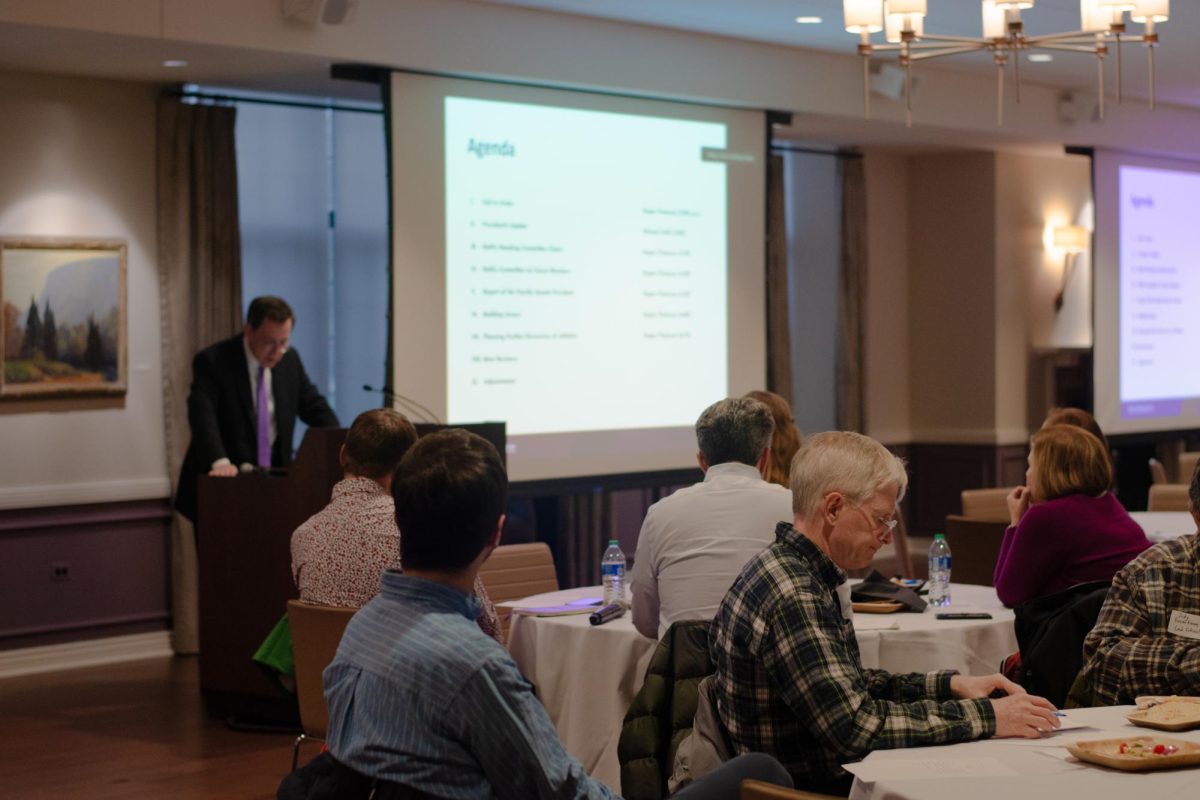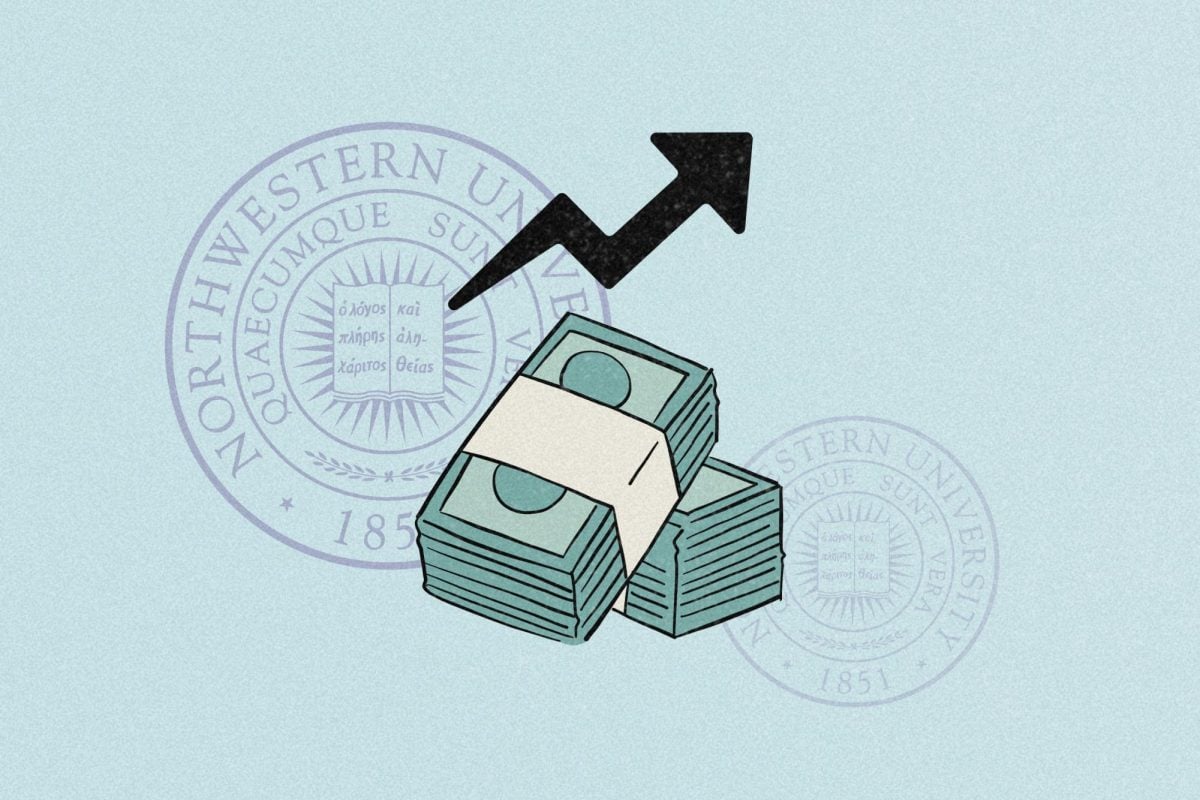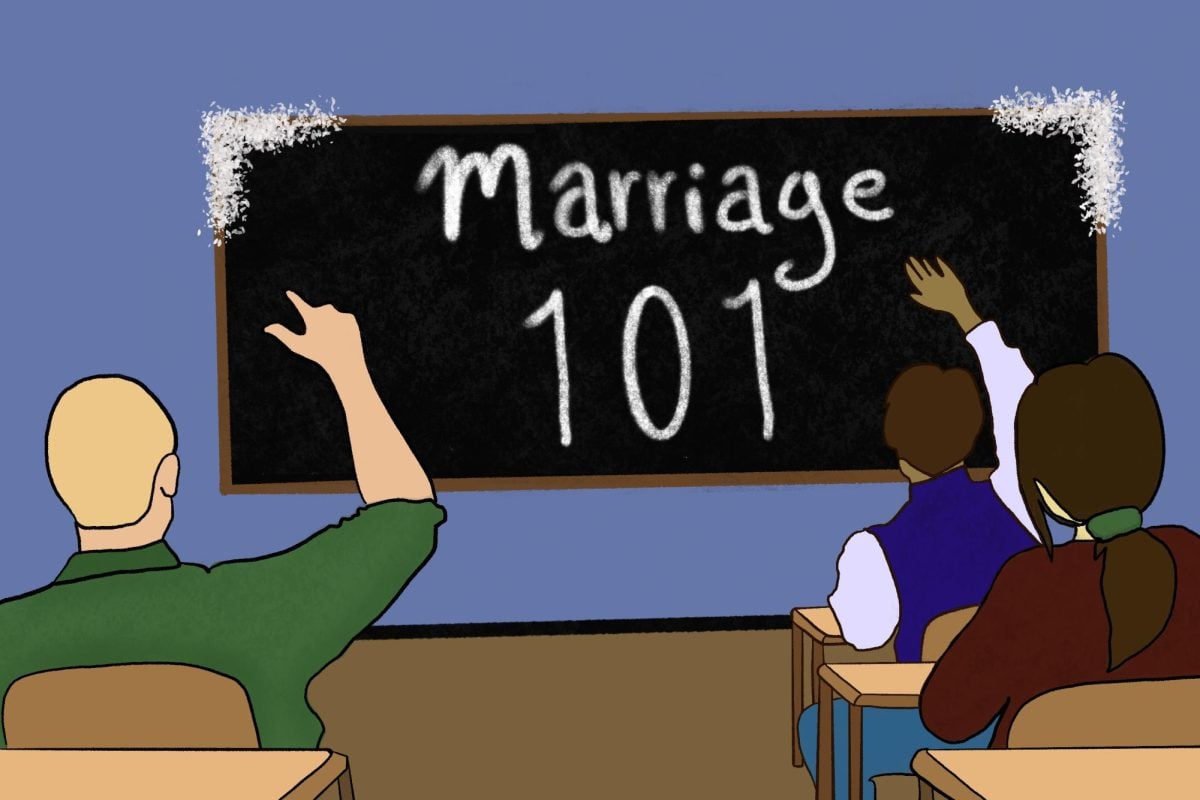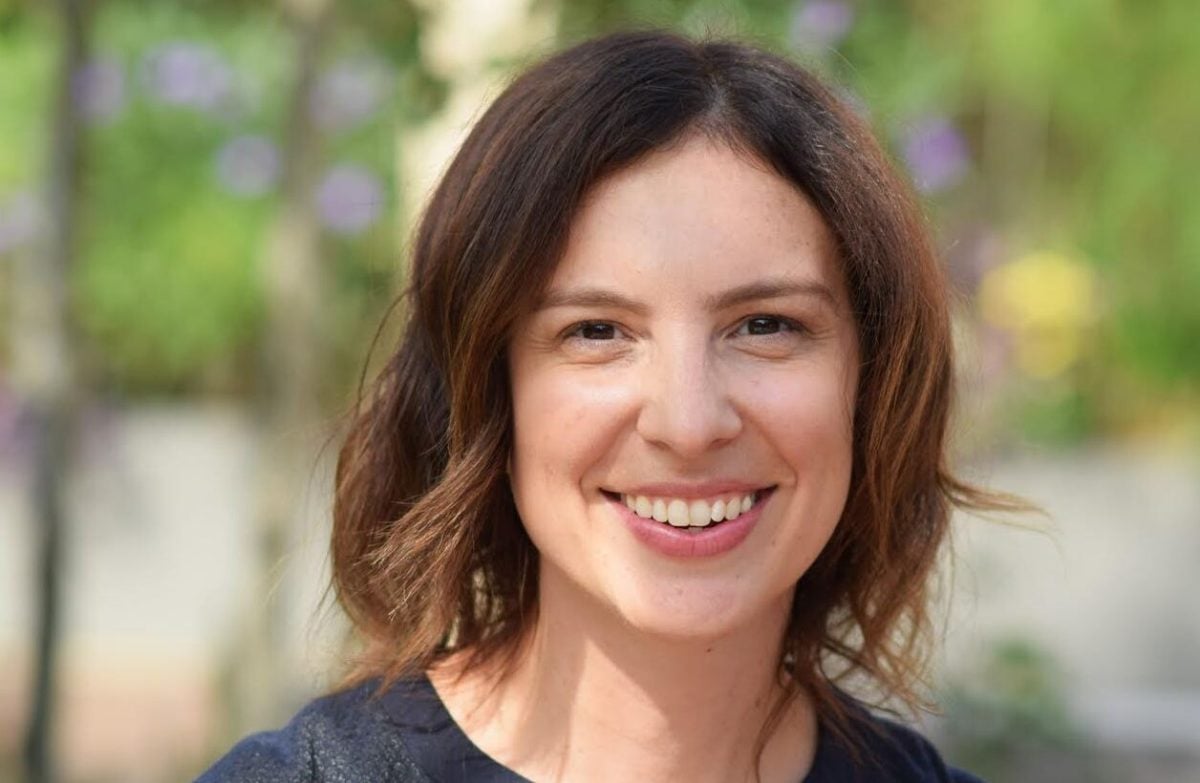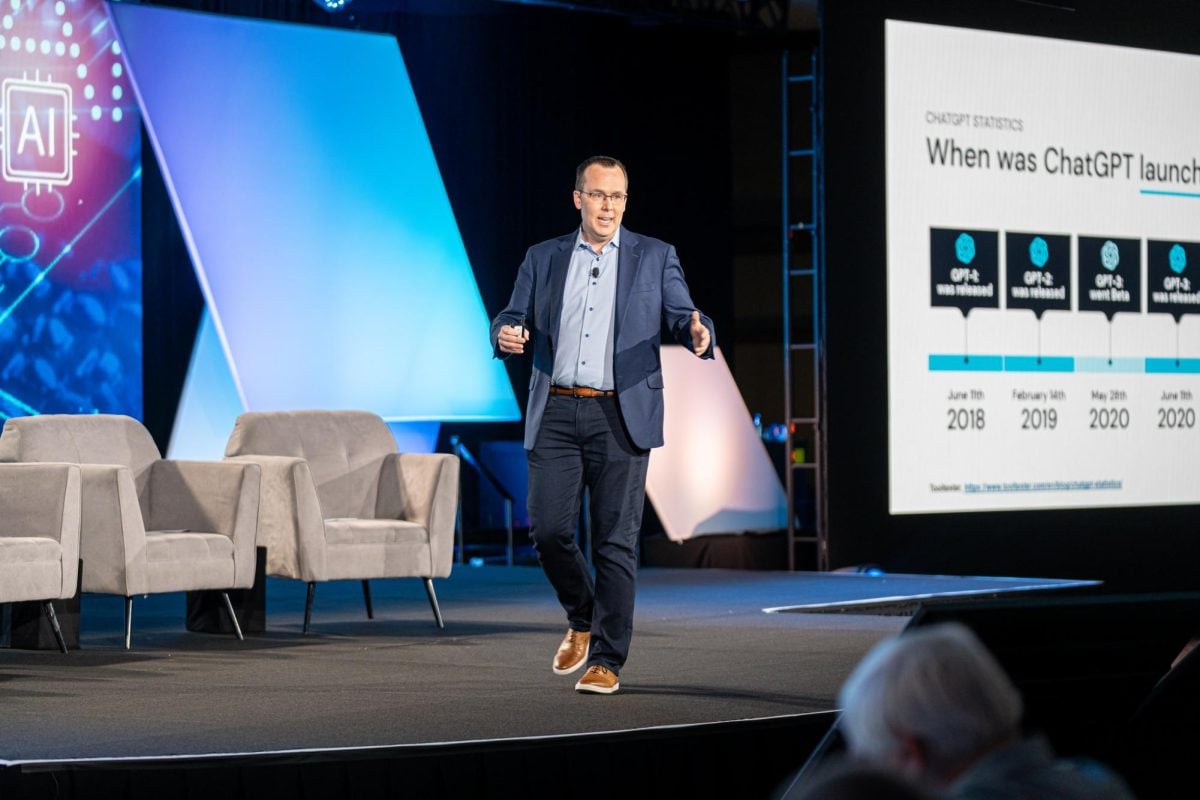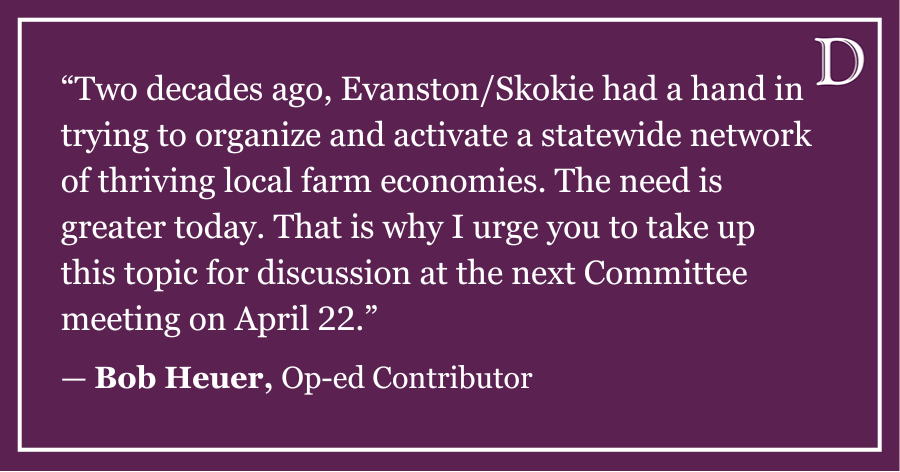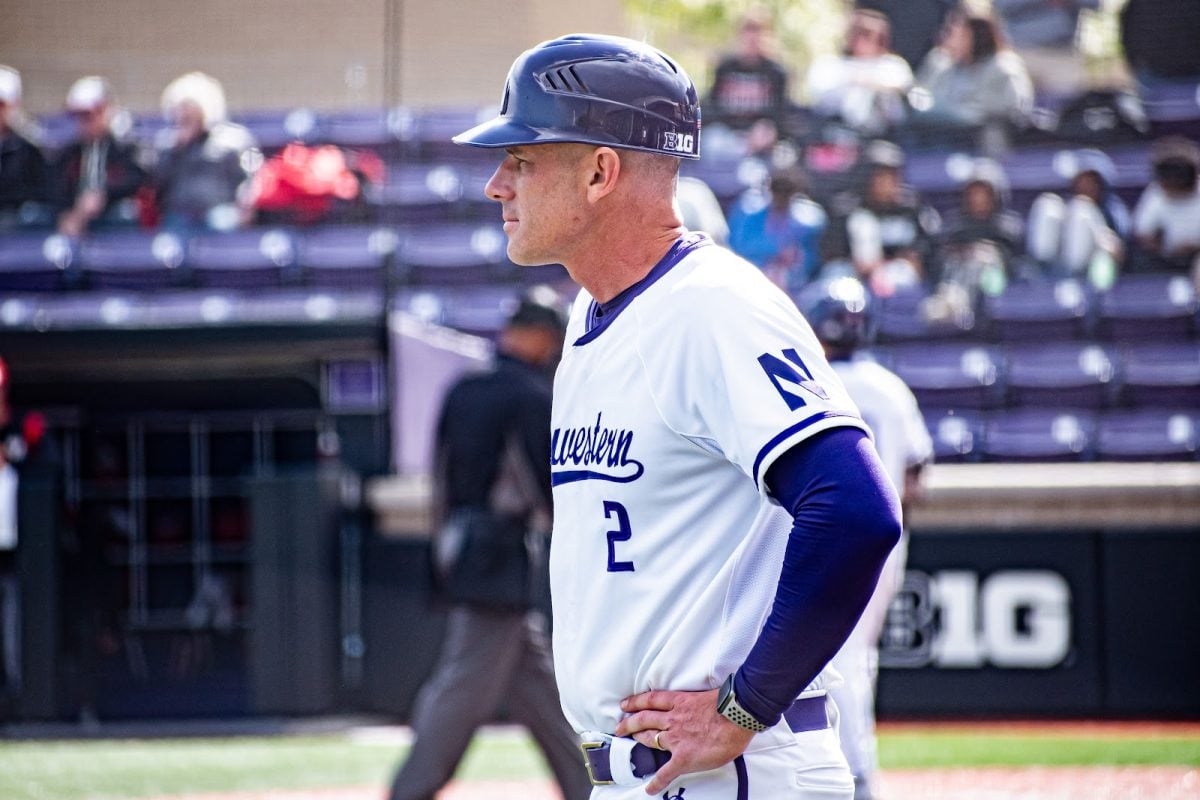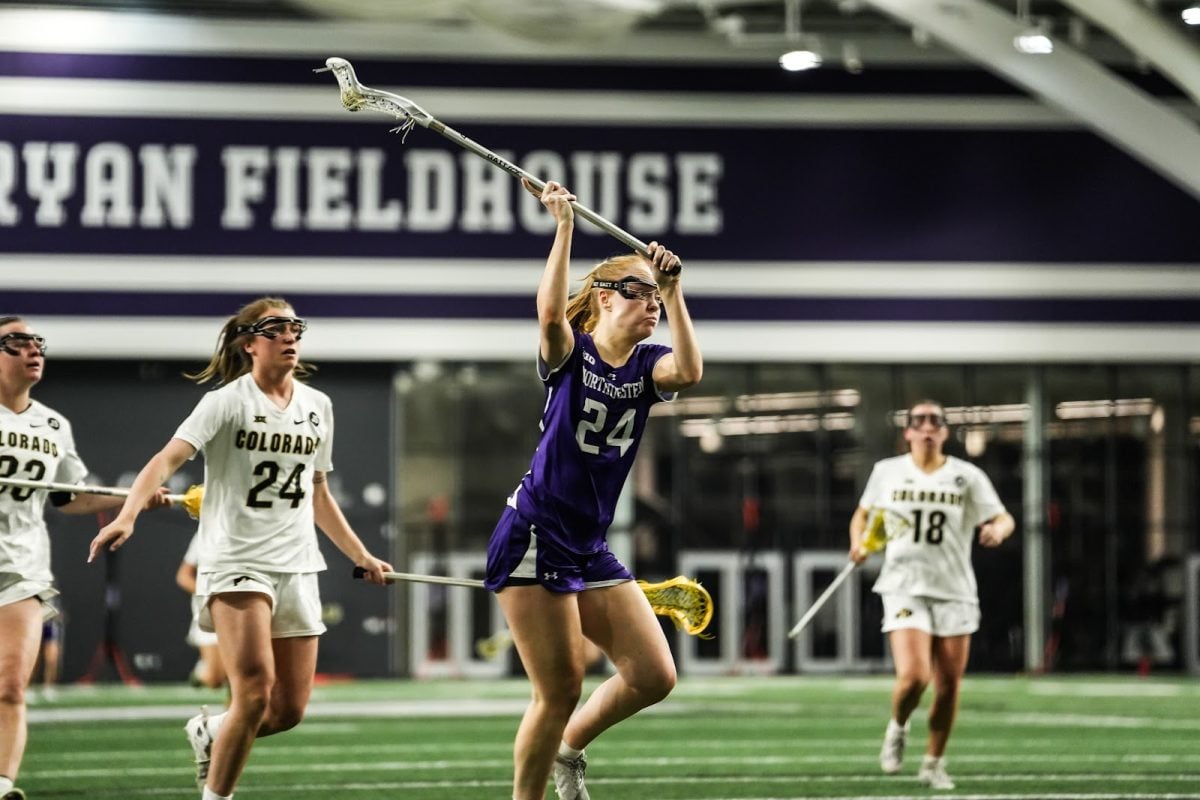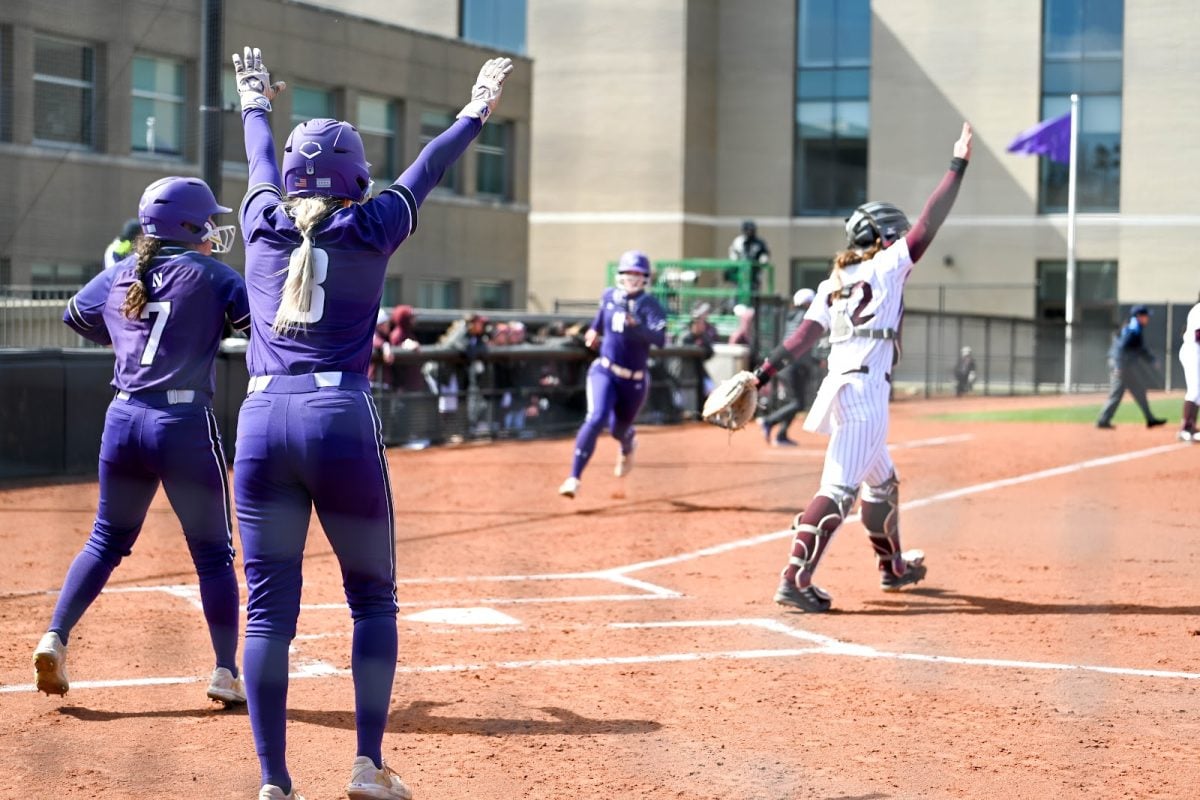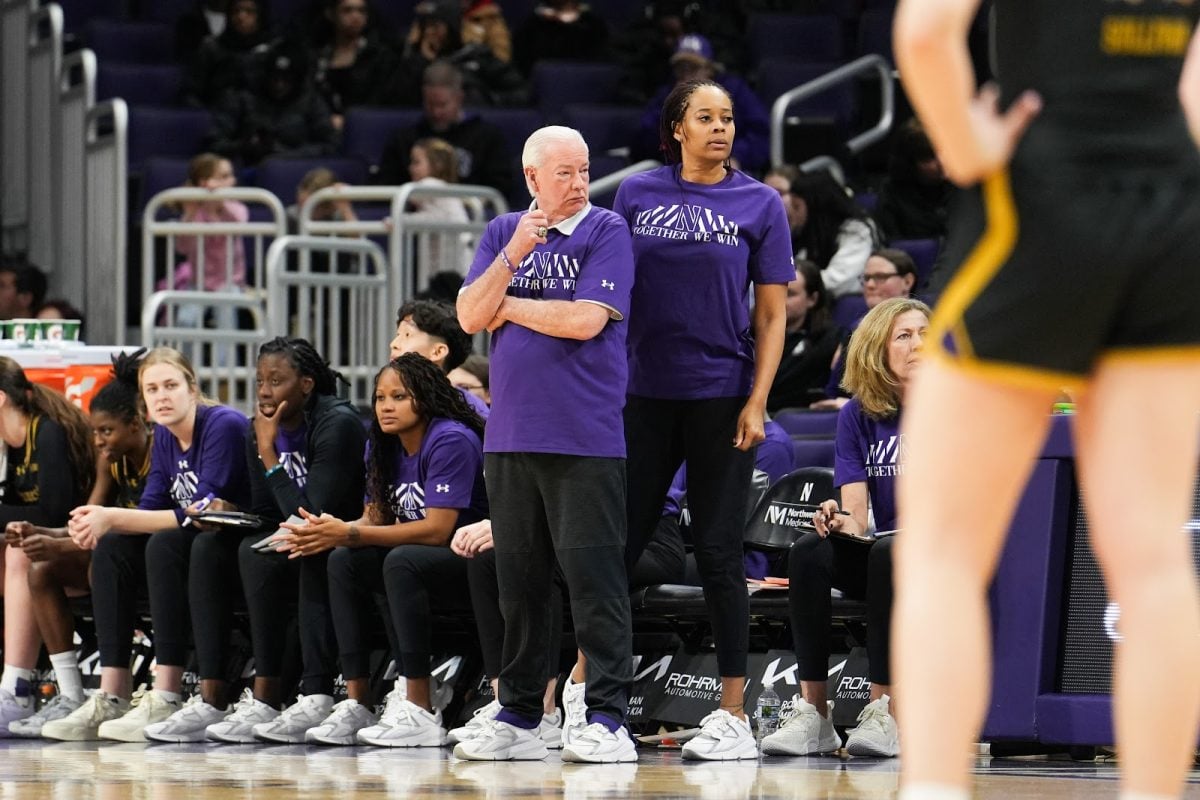More than 200 faculty members have signed a resolution demanding Northwestern administrators answer their questions regarding how the University will fund its Rebuild Ryan Field project.
The resolution, initially drafted by nine Faculty Senate members, raises concerns about the University’s plans to fund Ryan Field outside of a $480 million gift from the Patrick and Shirley Ryan family. It calls on Luke Figora — NU’s chief operating officer and vice president for operations — to answer ten questions related to the financial upkeep, funding and long-term sustainability of the Ryan Field project.
The Rebuild Ryan Field project is estimated to cost about $800 million, leaving about $320 million in remaining costs. At an Oct. 16 Faculty Senate meeting, University President Michael Schill said three other components will make up this gap: additional philanthropy, some University capital and a debt, which will be owed by NU’s operation. It remains unclear how much money in the Ryan family gift is set aside specifically for rebuilding Ryan Field.
The University did not immediately respond to The Daily’s request for comment about where Rebuild Ryan Field funding will come from or how much debt the University might incur.
Economics Prof. Joseph Ferrie, who helped draft the resolution, said administrators had never raised the possibility of incurring debt before that meeting, which concerns him because of how much interest rates have increased over the past year. Borrowing at a 7% rate — or even a 5% one — would become a “large recurring cost” for the University, he said. This issue, combined with the downgrading of NU’s bonds, means further costs, Ferrie added.
“The other problem is that there’s a limit to how much debt the market is willing to accept from Northwestern,” Ferrie said. “So if we get into another challenging financial situation for reasons unrelated to Ryan Field in the future, our ability to maneuver is going to be substantially reduced by the fact that we’ve got additional outstanding debt as a result of Ryan Field.”
Ferrie also cited NU’s recent financial history as a point of concern, as the University has faced several budgetary challenges in the past decade.
In 2017, spending on financial aid, high-profile faculty and new construction projects sent the University into a multi-million dollar budget deficit. The Faculty Senate was alerted to this deficit in January 2018. Though then-Provost Jonathan Holloway told The Daily no cuts would be made to faculty or staff in May 2018, the University laid off 80 staff members in July 2018.
After anticipating a $90 million budgetary shortfall at the start of the COVID-19 pandemic, NU furloughed 250 staff members, shuttered hiring and projects, froze pay and suspended contributions to faculty’s retirement plans. In April 2022, faculty expressed concerns over their lost pensions from that time, and the University expressed no intention of repaying them.
History Prof. Deborah Cohen, who raised some of the initial questions in the October meeting and also helped draft the faculty resolution, said faculty felt obligated to speak out after they considered the implications amassing debt might have on the University’s academic mission. Cohen added that the 2017 budget crisis — and the subsequent elimination of many staff positions — made a number of standard departmental tasks “much more difficult to accomplish.”
Cohen said she is not opposed to the Ryan Field project but wants clearer answers to funding questions.
“If the donor’s funds covered the entire cost of the project, that would be a totally different story,” she said. “I think the issue is, what are the priorities in terms of balancing the academic mission and the teaching and the research mission with extracurricular commitments?”
The faculty draft resolution raises these funding questions alongside concerns about Ryan Field’s long-term sustainability. It establishes that football revenue is not expected to increase in the upcoming years and points toward the instability of generating income from concerts. Evanston’s Land Use Commission recommended against concerts at the new Ryan Field at an Oct. 12 meeting, but NU officials have said they would not proceed with the project without concerts.
The resolution was not drafted through the traditional Faculty Senate process, as faculty members felt they needed answers addressed before the next Senate meeting on Nov. 15, Cohen said. The Senate meeting is scheduled for two days after the Nov. 13 Evanston City Council meeting, where the council is expected to make a final decision on the rebuilding project.
Figora has told faculty members to expect a response after Monday’s City Council meeting, where the Ryan Field changes will be introduced, Cohen added.
Both Cohen and Ferrie said that as faculty sent emails through NU’s Microsoft Outlook system on Monday notifying their department members of the resolution, email messages that linked to an earlier draft of the resolution — including those that were received and read by other people — were removed from inboxes overnight. Faculty authors have since started circulating a new draft.
In a statement to The Daily, University spokesperson Hilary Hurd Anyaso said NU Information Technology investigated the incident and found that NU’s online security tool, Microsoft Defender, identified the circulating Google Doc as “having the characteristics of a phishing message.”
“As a result, the Microsoft application quarantined this email, and the quarantine process removed the message from the mailboxes of the recipients,” Anyaso wrote.
Ferrie said he doesn’t want to experience another situation where the University’s inability to make ends meet forces money out of its academic investments, which he believes should be NU’s primary interest.
Right now, Ferrie said faculty just want “satisfactory” answers from the University. He said how administrators respond will determine how the faculty reacts. He added administrators’ replies will also signal how much they value faculty governance — whose role in shaping University policy is “something of a work in progress.”
“This is probably one of the best test cases for the role of University governance going forward,” he said. “If it turns out that we don’t find the University responsive to our questions for simple clarification on the financing of the stadium, then that’ll be at the very least disappointing and a blow to those of us who have a relatively optimistic view of how faculty governance has been evolving over time.”
Email: joannahou2025@u.northwestern.edu
Twitter: @joannah_11
Related Stories
— Land Use Commission rejects NU’s plan to host concerts at Ryan Field, approves stadium rebuild
— Faculty Senate hears from University President Michael Schill, considers Ryan Field rebuild

